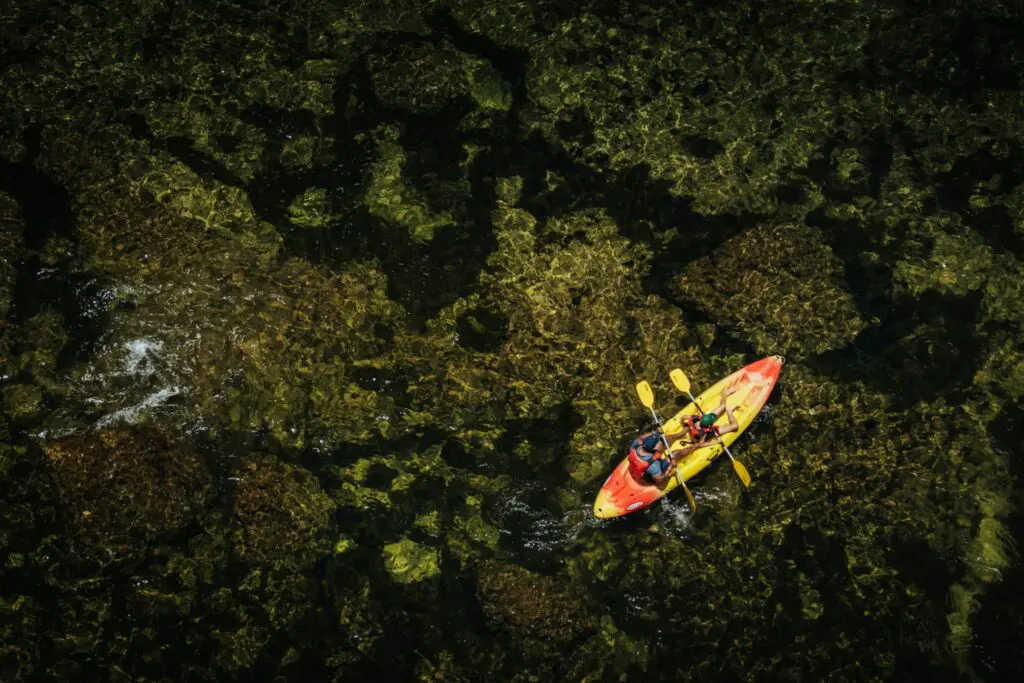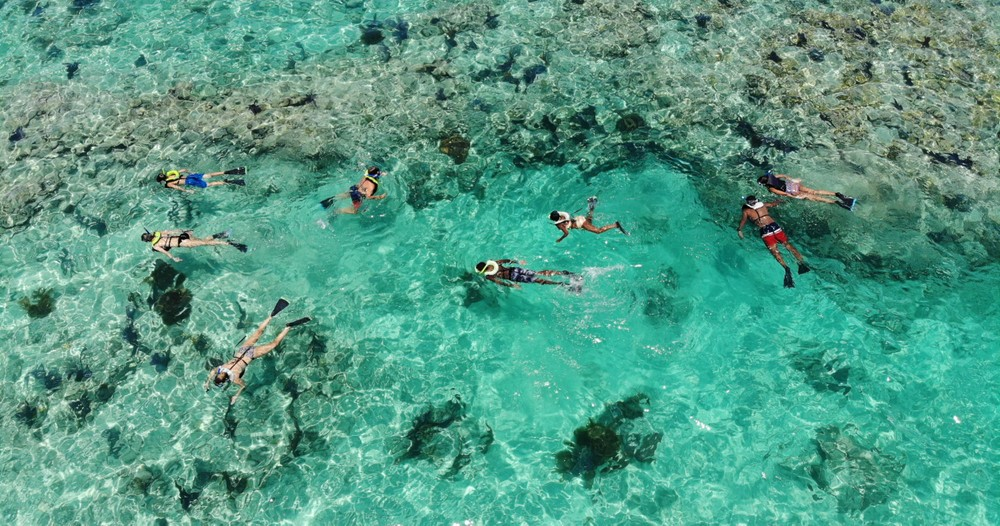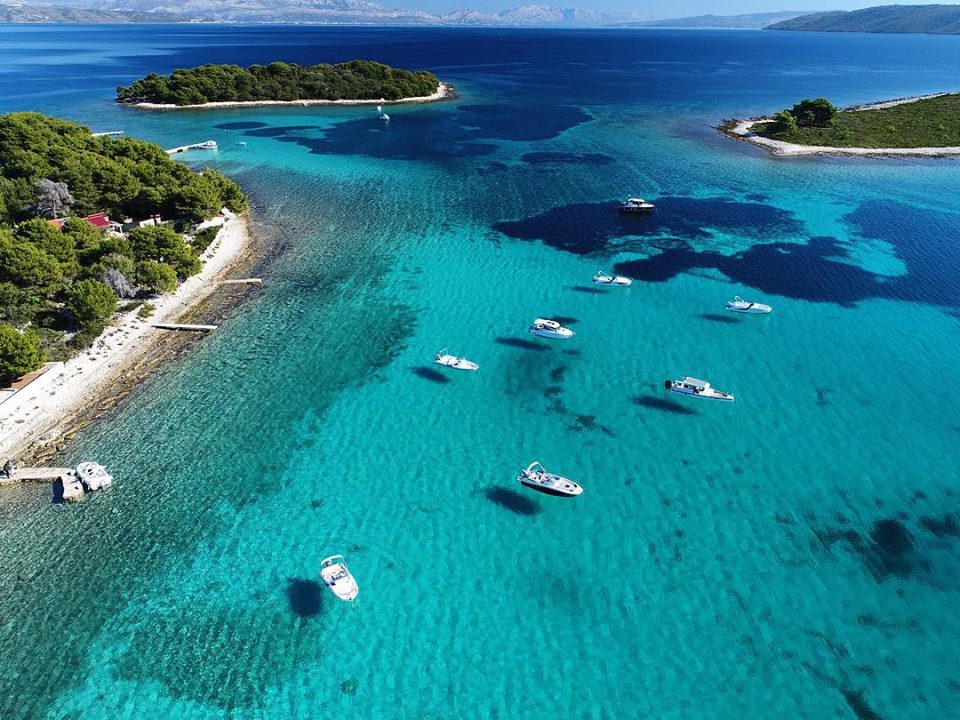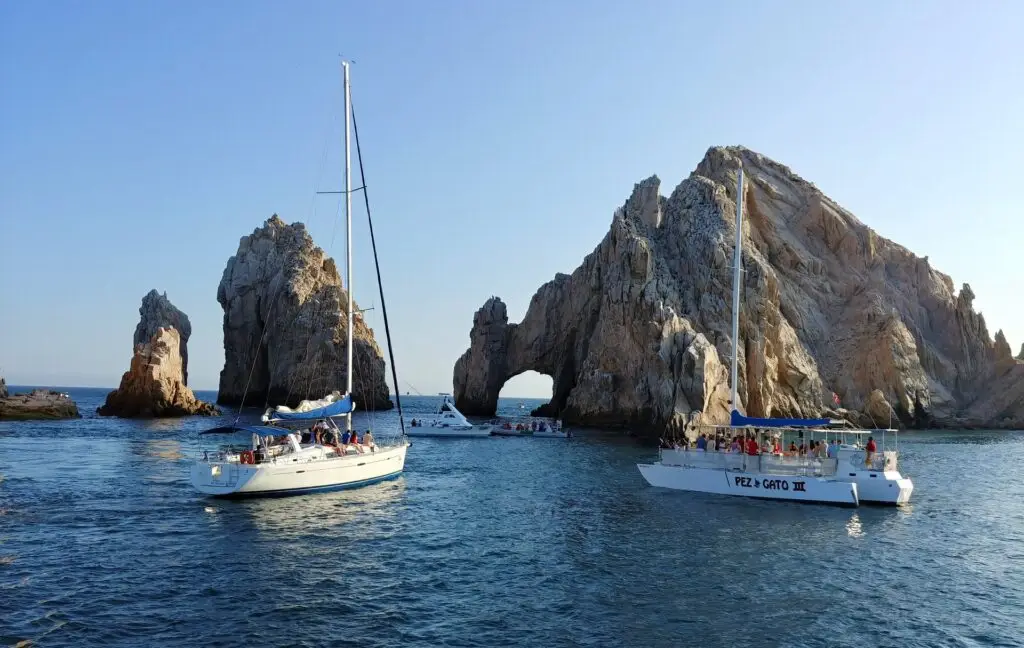Have you ever wondered how to participate in water activities without harming the ocean? People can enjoy themselves without polluting the ocean or endangering its inhabitants. Sustainable water sports activities offer a way to continue enjoying your favorite sports while protecting the oceans.
Here are some recommendations for being more environmentally friendly when in the water. Let’s explore how we can all help preserve our beautiful seas.
1. Choose Eco-Friendly Gear
The first approach to sustainability in water sports entails selecting sustainable equipment. For instance, choose clothes and accessories made from recycled fabrics.
Several companies have launched eco-conscious products, from wetsuits to paddleboards. Look for labels that indicate that the gear was manufactured using sustainable procedures.
2. Practice Responsible Wildlife Interaction
When practicing water sports, remember not to harm aquatic life. Always respect the wildlife and do not approach or intrude on their privacy and space. It is prohibited to touch or feed marine animals, as this can disrupt their behavior and ecological balance.
At SeaBookings, we work with a lot of local tour operators who are very motivated to promote and follow the principles of ethical marine wildlife encounters. If you’d like to know the most responsible option in your next holiday destination, send us an email to [email protected] and we will direct you to the most ethical tour operator!
Also, try to use eco-friendly sunscreens. They will not let polluting substances get into the water and affect aquatic organisms.
3. Reduce Plastic Use
To help the environment, opt for refillable water bottles, cloth shopping bags, and reusable containers instead of single-use plastics. Don’t use plastic bags at all. It’s also helpful to join in cleaning up beaches. Encourage everyone to stop using plastics that can hurt sea animals.
4. Follow Leave No Trace Principles
Leave No Trace principles are a set of guidelines designed to minimize our impact on the natural world. Familiarizing yourself with these principles and applying them during outdoor activities is crucial. This includes packing out all your trash, leaving what you find, and not disturbing the wildlife or plant life. Simple actions like these help preserve the integrity and vitality of habitats.
5. Use Modern Technology
When traveling abroad, look for eco-friendly tech alternatives to reduce waste. One straightforward example of such technology is an eSIM.
What is an eSIM? It’s a simple yet effective alternative to traditional plastic SIM cards. One of the key eco-friendly benefits of this technology is that it eliminates the need for physical SIM cards, which are typically made of plastic and can contribute to pollution.
Additionally, using an eSIM reduces the production and distribution of plastic packaging, further decreasing the environmental footprint. Services like Simify make it easy for travelers to switch to eSIMs while exploring Europe, offering a convenient and sustainable way to stay connected abroad.
6. Quality Instead of Quantity
Many charity organizations strive to save our waters. Consider whether you would like to be involved in the movement. To increase your chances of finding the right organization, gather as much information as possible about its mission.
7. Join Charitable Organizations
There are many charity organizations working to save our waters. Think about whether you would like to be involved in the movement. To increase your chances of finding the right organization, gather as much information as possible about its mission.
8. Purchase Recycled Items
Almost all major companies nowadays are using recycled plastic in their products. Innovative items made from marine waste include shoes, sportswear, and swimwear. Be an example of what a true fashion icon should be!
9. Repair Instead of Purchasing
New consumer electronics that appear on the market are often so cheap that people get rid of old equipment that is still functional or repairable. Usually, aging equipment can be brought back with minimal effort, preventing unnecessary waste!
Some Final Thoughts
Small but valuable changes can significantly affect the preservation of the seas. Every effort counts. Together, we can save the seas for future generations to witness. Have fun in whichever water sport you participate in and encourage others to have safe and eco-friendly fun, too.










